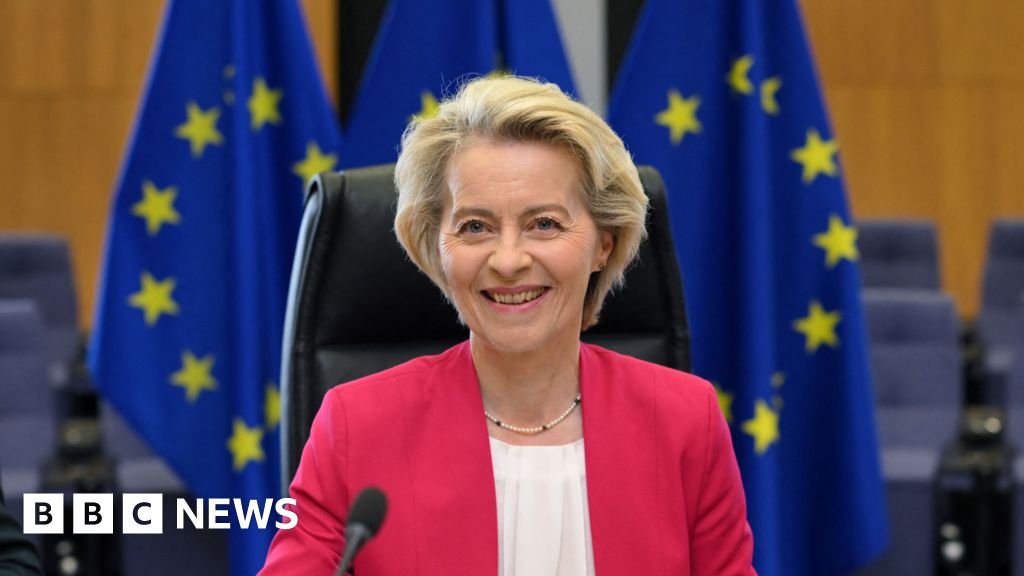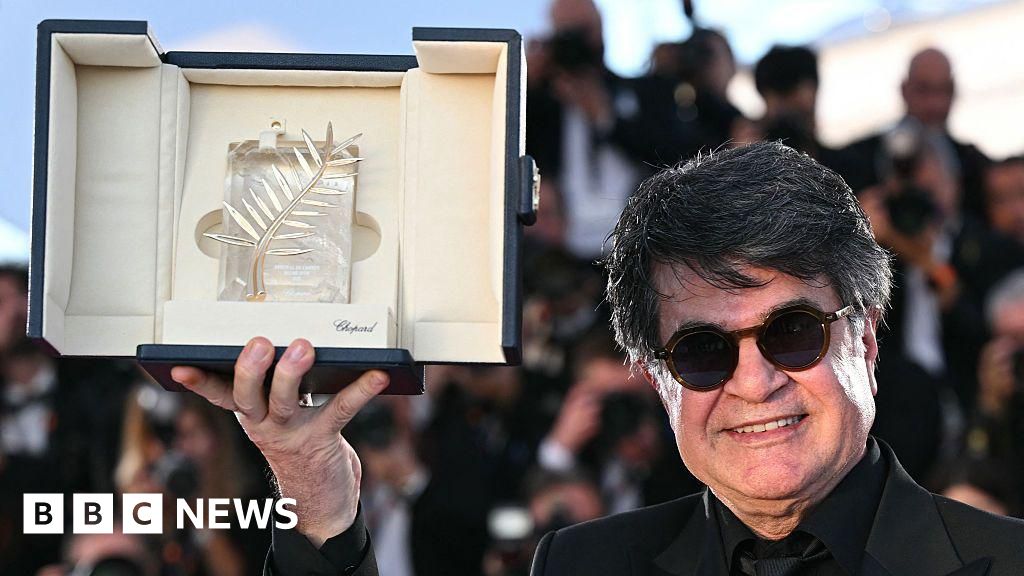ARTICLE AD BOX
By Alison Roberts
BBC News, Lisbon
Image source, Getty Images
Image caption,The Portuguese president had already consulted party leaders ahead of his address
Portugal's president has announced plans to dissolve parliament and call a snap election on 30 January.
Marcelo Rebelo de Sousa cited the national assembly's rejection of the government's draft budget for 2022 - the first such occurrence in 40 years.
He said 2022 would be a "decisive year" as Portugal exits the pandemic and an "economic and social crisis".
The early election comes after a period of relative political stability under Prime Minister António Costa.
He has hung on to power for six years despite his Socialist Party lacking a majority in parliament.
After the 2015 election, the Socialists signed agreements with far-left parties to assure the passage of key legislation.
But there were no written deals after the 2019 election so the government has relied on case-by-case negotiations.
Image source, EPA
Image caption,Prime Minister António Costa's minority left-wing alliance has survived in office since 2015
That increasingly fraught arrangement came to an end with a 27 October vote rejecting next year's budget.
The Communist Party joined the larger Left Bloc in voting against the bill - rather than abstaining as in the previous two years - even though the president warned beforehand that he would dissolve parliament if it was rejected.
That warning was seen as an attempt to chivvy the parties into trying to reach a deal, right up until the vote.
But the Communists in particular appear to have been convinced by waning poll numbers that they need a period in full-blown opposition to rebuild. A sign of that is that unions with close links to the party have called strikes in recent days demanding better pay and benefits for public sector workers.
Before announcing elections, the president first consulted the parties and then his Council of State.
However, his move has prompted worries in some quarters that the required two-month break ahead of a vote could hamper Portugal's full use of European Union post-pandemic funds, despite having been the first member state to secure approval for its Recovery and Resilience Plan.
The president could have avoided dissolving parliament, according to Prof Francisco Pereira Coutinho of Lisbon's Nova University.
To avoid an election, he believes the president could have pressed for another government to be formed, or even appointed a technocrat-led government as in Italy.
"If the result is similar, we have a problem," he warned, referring to the continuing recriminations on the left.
Analysts agree that the far-right Chega party stands to secure several seats in new elections.
Image source, Getty Images
Image caption,Chega (Enough) is led by Andre Ventura and could emerge as third-strongest party in elections
Chega won its first seat in 2019 and campaigns on an anti-corruption platform but also against alleged misdeeds of minority groups such as Roma.
Other right-of-centre politicians could soon be forced to decide whether to do deals with the party.
"Chega is bound to get more votes," said Prof Coutinho. "In that case, the president is responsible."
Others commentators are pleased the people will now have their say, even if voters themselves may not be happy with the upheaval as the economy and health system are only gradually emerging from the Covid pandemic.
For now the Socialists have a lead of some 12 percentage points over their main rival, the centre-right Social Democrats. The Social Democrat Party, like its usual ally, the conservative People's Party, is currently riven by internal conflict.
By scheduling the vote near the end of January, Portugal's president has given those parties extra time for any leadership elections to take place.

 3 years ago
189
3 years ago
189








 English (US) ·
English (US) ·